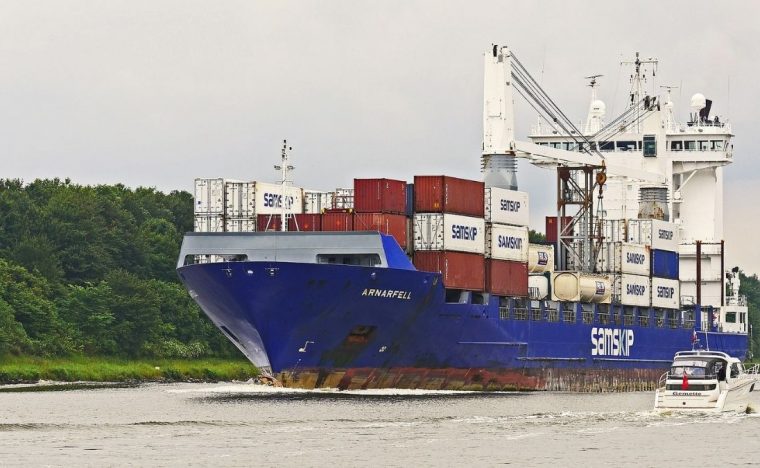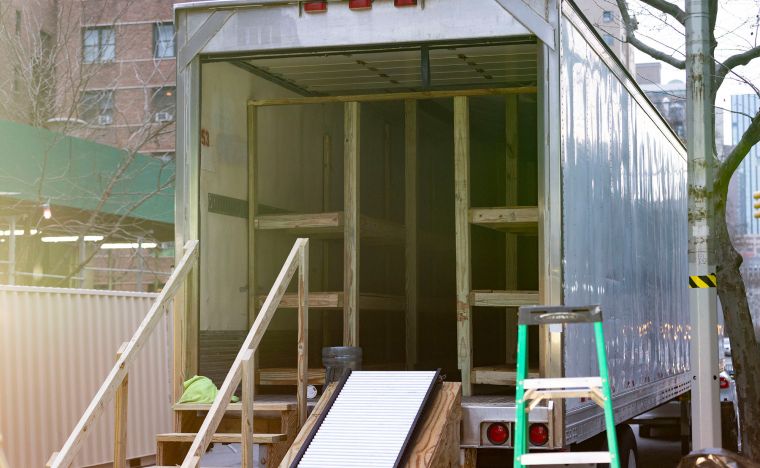Companies selling products to consumers in the 21st century have more than one logistics option available to achieve higher sales figures. Logistics can be split up into two categories – B2C (business to consumer) and DTC (direct to consumer). Both B2C and DTC logistics models have pros and cons. After reading this article, we hope you’ll have a better idea of which one will work best for you and your business.
What’s the Difference Between B2C and DTC Logistics?
Here’s what to know about B2C & DTC logistics – and how to find the one that’s best for the betterment of your company’s future sales.
B2C Logistics
The first type of logistics model companies can choose is business-to-consumer – or as you might have figured out by this point, B2C.
Business to consumer (B2C) sales describe sales that take place through any third party where businesses list or store their products.
Perhaps one of the best examples of B2C logistics would be Amazon. This multi-billion dollar company is the gateway where companies (and sometimes distributors) list their products. Once the product is purchased, the goods go to the consumer, but not without Amazon taking their own cut.
There are many advantages to B2C logistics, including less administration for the company or distributor. However, one of the disadvantages of using B2C logistics is that the business gives up a cut of the profits to the third-party company (e.g. Amazon). While the cut that these third-party companies might ask for doesn’t seem like a big deal, the amount of profit given up adds up over time.
A lot of companies who would rather keep their own profit have decided to explore ways to sell directly to consumers. As a result, DTC has become one of the most popular alternatives to third-party B2C sales.
DTC Logistics
The logistics model that a company might choose to get products to consumers is the direct-to-consumer model. The DTC model cuts out the third-party company to handle sales and instead sells from their own company website.
Direct-to-consumer logistics has some great benefits that the B2C model can’t give you.
The first benefit of D2C companies is the ability to know your customer profile. Through direct sales, you will get a clear picture of who buys what, instead of the third-party company taking all the glory – and your essential customer data with it.
The second benefit D2C businesses can get from growing their own sales channels is the ability to maintain a higher profit margin. When you aren’t paying a third party to help you sell your products, you can either increase the budget for other parts of your company (e.g. promotion) or end up taking a larger cut of the profits home.
BTC & DTC Sales
The most powerful option that a company could choose is to use both. Why not set up a marketplace within the company, and list some exclusive products on Amazon as well? This way, a company doesn’t lose out but manages to get the best benefits for both sides.
Ship Fortress LLC | Best Reefer Truckload | 3PL Warehouse Facility & Logistics in Milwaukee
Ship Fortress in Milwaukee understands every business has its own specific requirements. We customize and create solutions to meet each business’s unique needs. We truly do provide our clients with
- cost-effective delivery services
- flexible
- high-quality logistics solutions & LTL services
As a seamless extension of our client’s business, we have a passion for exceptional customer service. Our experience and expertise allow us to provide multiple layers of client support services to propel businesses forward. Contact us for a FREE Quote.





